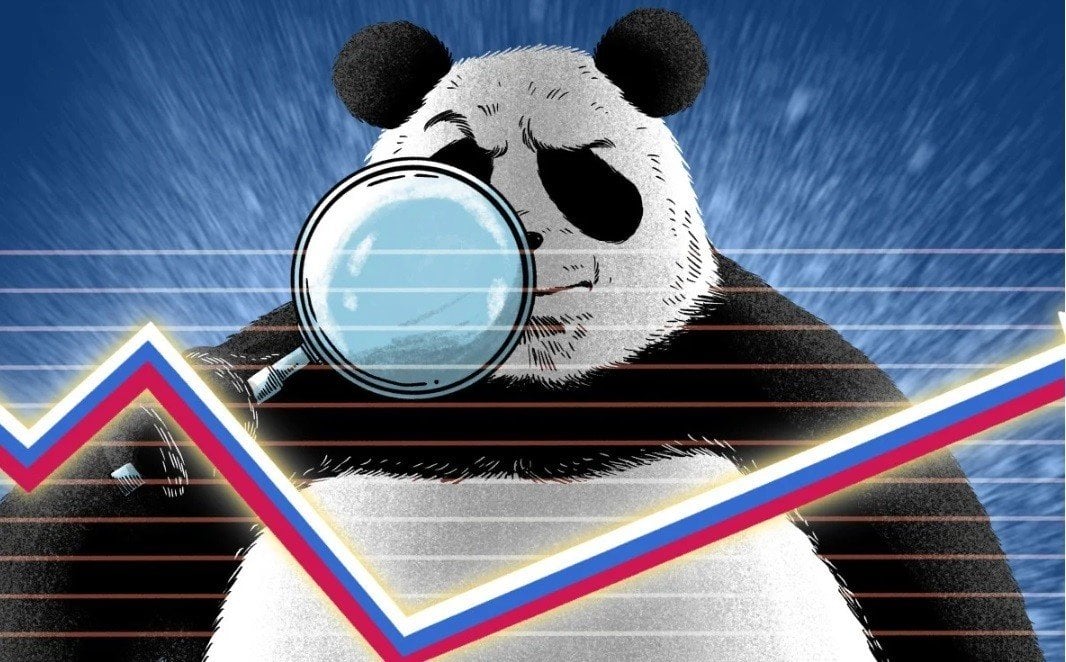 |
| China is closely observing Russia's experience of economic recovery in the face of sanctions. Illustrative photo. (Source: SCMP) |
All majoring in Russian, William Liu, a Chinese international student, and his university classmates in Russia had a fulfilling 2023 and were not too worried about the economic situation.
From machinery and cars to medical equipment and household appliances, Chinese products have flooded the vast northern market, filling the void left by Western companies retreating after the conflict erupted in February 2022.
"Two years ago, we were worried that the economy would suffer huge losses, but so far Russia has stood firm despite the sanctions," Liu said.
Steadfast before the "storm"
Russia experienced a mild recession, with economic growth falling by 2.1% in 2022, but this has gradually improved significantly from the 10 to 15% decline predicted at the start of the conflict.
The government said the economy grew 5.5% in the third quarter of 2023 from a year earlier, and Moscow expects full-year growth of 3.5%.
The European Commission (EC) has raised its forecast for Russian economic growth to 2% from its previous estimate of a 0.9% contraction. The bloc expects the Russian economy to grow by 1.6% this year and in 2025.
China, India, South Korea and Türkiye were the four largest buyers of Russian coal as of November, since the EU imposed sanctions in 2022, according to the Center for Energy and Clean Air Research in Finland.
The data also showed that China, India and the European Union (EU) were the top buyers of Russian crude oil, while the EU continued to lead purchases of Russian liquefied natural gas (LNG), followed by China and Japan.
Despite the encouraging economic outlook, headwinds from the West are expected to continue. Central Bank of Russia (CBR) Governor Elvira Nabiullina warned that Moscow must prepare for more sanctions from the West. The Kremlin will face capital outflows, high inflation and a shrinking workforce.
Dual circulation strategy
Although the two economies are quite different in terms of model, Russia's economic achievements after the conflict can be useful suggestions for China - a country that is fiercely competing with the US in the economic and technological fields.
China is also seeking to strike a balance between striving for self-reliance and increasing integration with global markets.
Commenting in an interview with China's Phoenix Weekly magazine in early December 2023, Oleg Deripaska, founder of aluminum producer Rusal, said that Russia's experience could provide China with a "reminder" to diversify trade, making the domestic economy more resilient to protect trade opportunities against possible sanctions.
According to William Liu, Chinese manufacturers should try to expand their domestic market as quickly as possible, beyond semiconductors and other high-end technologies. “The lesson China can learn from Russia is that it is necessary to keep leading companies and key parts of the supply chain in the worst case scenario if there is a conflict.”
Russia is rich in oil, natural gas, coal, metals and timber, and is a major supplier of crops and fertilizers to the world, but is heavily dependent on imports, from manufacturing equipment to consumer goods.
China relies heavily on overseas resources and energy to fuel its economic growth, and is facing increasing challenges due to geopolitical complexities, especially from the West-led decoupling of supply chains from China.
Beijing has long aimed to diversify its energy and resource imports, while enhancing self-reliance by expanding exploration and exploitation of precious metals and domestic marine resources, as well as through green energy transition.
The country is doubling down on security efforts on most economic fronts, wary of growing risks from global market turmoil and geopolitical upheavals, especially the growing US-led containment and containment efforts.
China is aiming to expand its vast domestic market potential and resilient internal strength, supported by a growing middle class of at least 400 million people, which is also seen as a key pillar of the dual-circulation strategy of the world's second-largest economy.
Beijing will focus more on its domestic market and rely less on export-oriented development, but will not abandon it entirely. China aims to integrate more deeply into global markets, with a particular focus on regulations, industrial standards and high-value-added sectors.
Anna Kireeva, associate professor of Asian and African studies at the Moscow State Institute of International Relations, said Russia has been trying to diversify its economic relations and look for alternative sources for imports and exports. Accordingly, such diversification is likely to be maintained at least in the medium term and most likely in the long term.
“However, Russia still faces challenges such as building and upgrading production and technology capacity within the framework of the import substitution policy or building new infrastructure to expand export capacity to avoid infrastructure congestion in the Far East region,” said Ms. Anna Kireeva.
China needs to seek domestic technologies, reduce dependence on technology transfers from the West and expand the use of the yuan in international payment networks, Kireeva said.
Trade relations skyrocketed
Amid tensions with the West, trade between China and Russia in their "unlimited partnership" has soared since the Ukraine conflict broke out.
In the first 11 months of 2023 alone, total bilateral trade reached $218.2 billion, up 26.7% year-on-year, exceeding the $200 billion target. During the same period, China's exports to its northern neighbor also increased by 51%, while exports to other trading partners fell, including a 13.8% drop to the US and an 11% drop to the European Union (EU).
If the growth momentum continues, trade between the two countries for the whole of 2023 is sure to hit a record high of $240 billion.
“The figure is indeed impressive,” said Gong Jiong, a professor at the University of International Business and Economics in Beijing, noting that Russia is rapidly catching up with South Korea and Japan in terms of trade value with China and could surpass the two Asian heavyweights “within a year or two.”
To counter the impact of the next round of sanctions, the Russian Finance Ministry announced in mid-December that it would abolish oil export duties from early January, while cutting duties on LNG exports.
China's top leaders have repeatedly pledged to further open up to the rest of the world on trade, standards and rules, and pushed for joining the Asia-Pacific's flagship trade pact, the Comprehensive and Progressive Agreement for Trans-Pacific Partnership (CPTPP).
Beijing is also aiming to promote global cooperation on technology and innovation and attract more international experts. Aleksei Chigadaev, a former visiting lecturer in comparative regional studies at the Higher School of Economics in Moscow, said China needs to be better prepared to handle unexpected risks.
It will be difficult to compare the resilience of the two economies, expert Aleksei Chigadaev said, while Russia relies mainly on oil and mineral resources, China boasts a large amount of goods that influence global markets, including the US and the EU.
Furthermore, “Sanctions against Russia are just a blow, affecting ordinary consumers in the EU due to rising fuel costs. However, sanctions against China are a frontal attack,” said Aleksei Chigadaev.
(according to SCMP)
Source


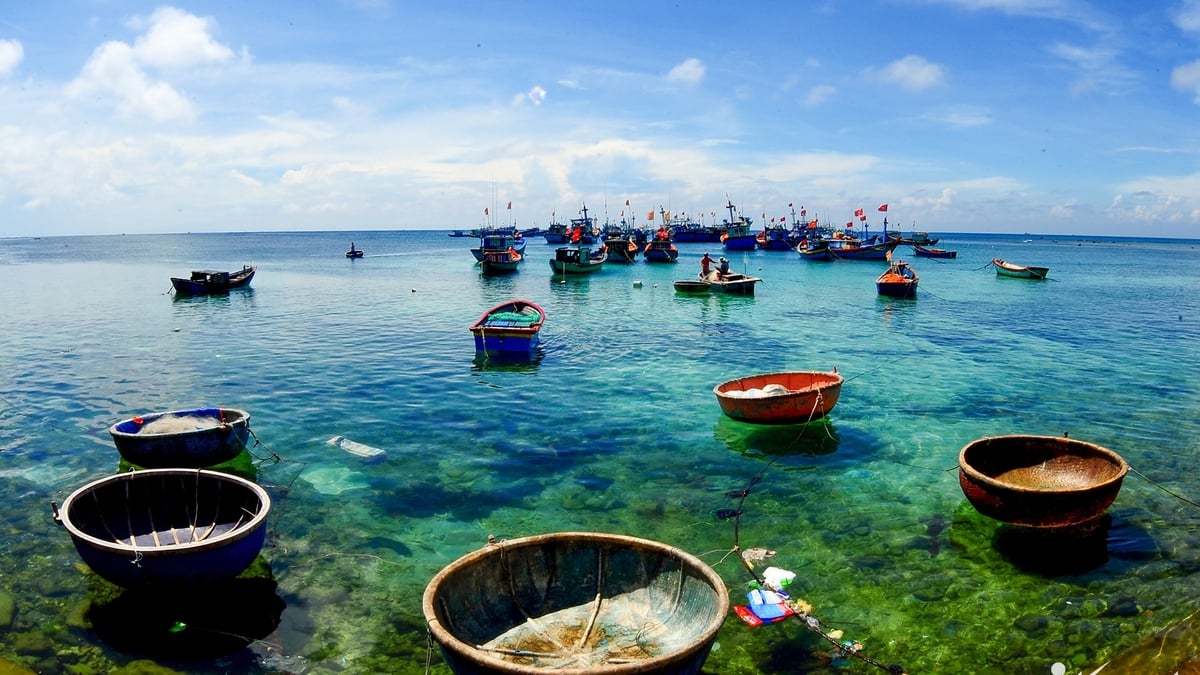
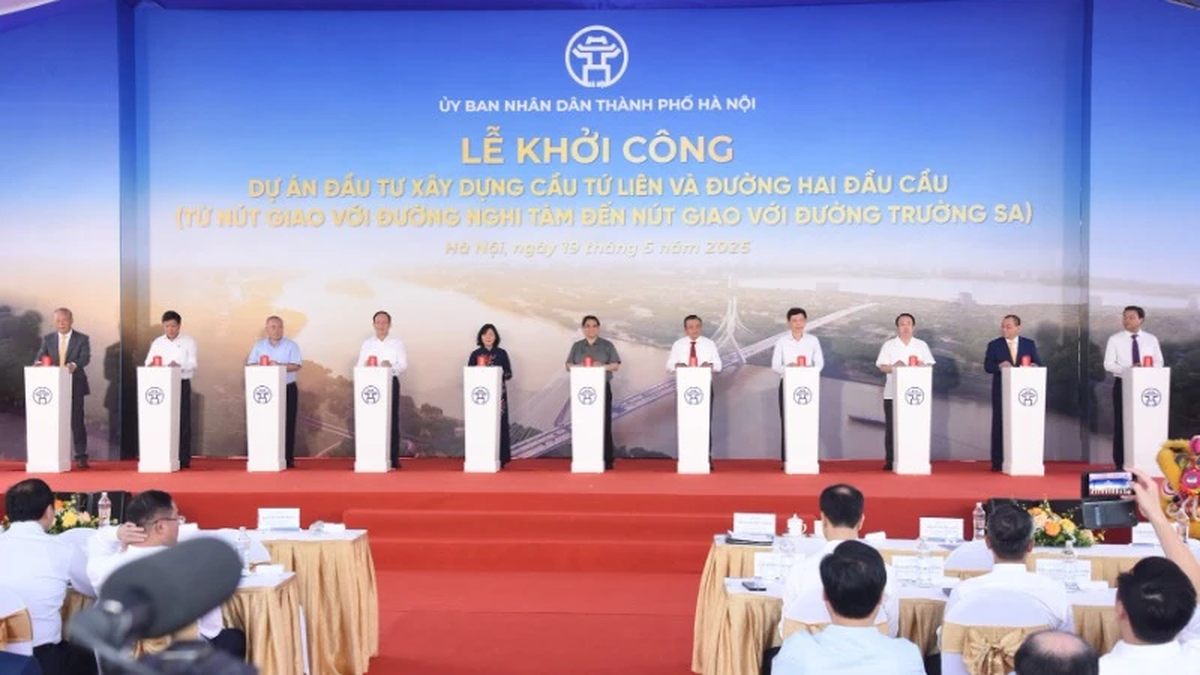
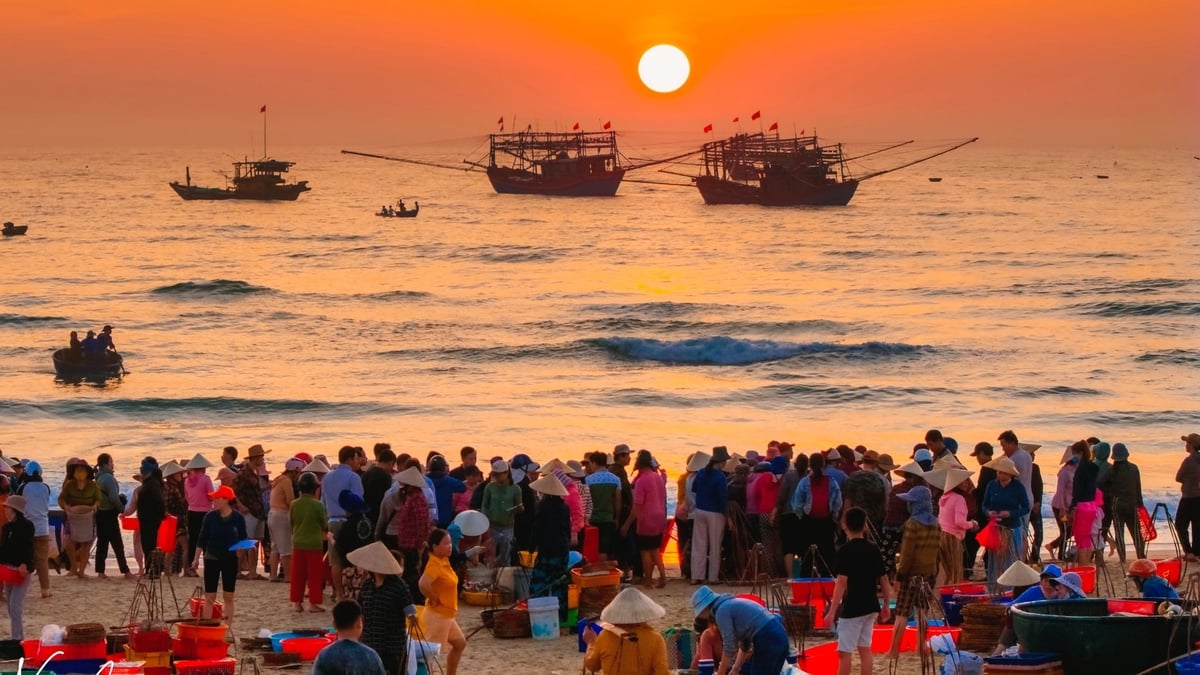
![[Photo] Special flag-raising ceremony to celebrate the 135th birthday of President Ho Chi Minh](https://vphoto.vietnam.vn/thumb/1200x675/vietnam/resource/IMAGE/2025/5/19/1c5ec80249cc4ef3a5226e366e7e58f1)
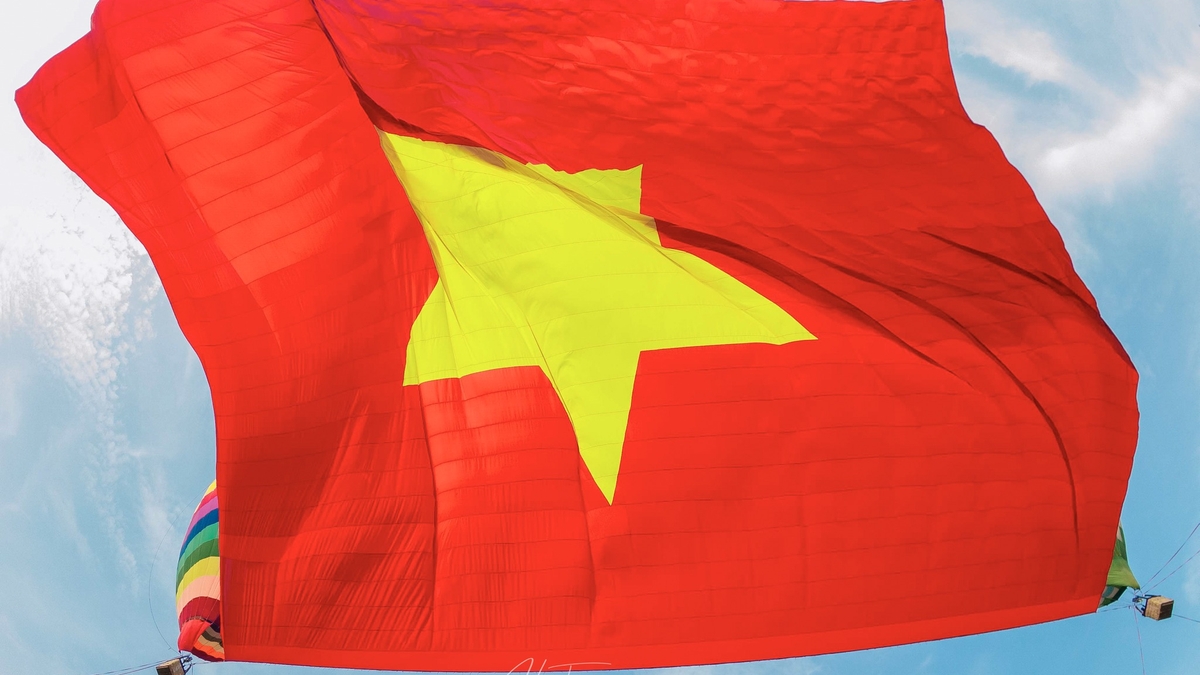
![[Photo] Party and State leaders visit President Ho Chi Minh's Mausoleum](https://vphoto.vietnam.vn/thumb/1200x675/vietnam/resource/IMAGE/2025/5/19/d7e02f242af84752902b22a7208674ac)





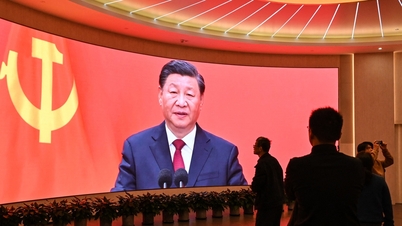

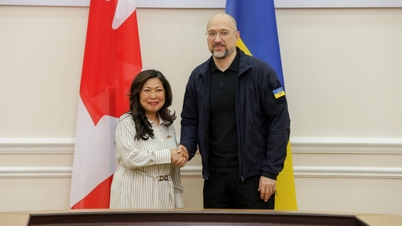

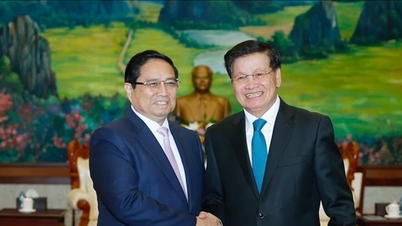



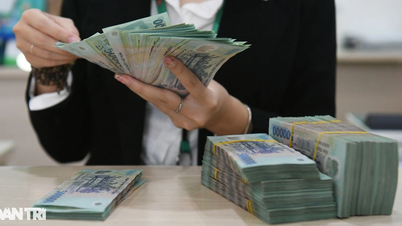

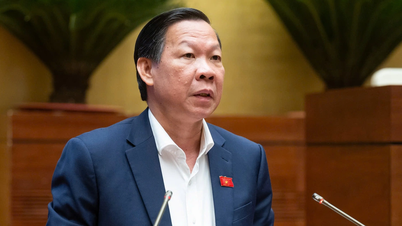


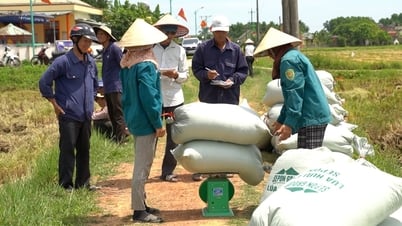
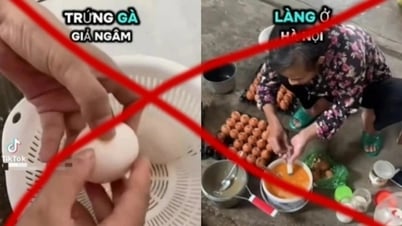




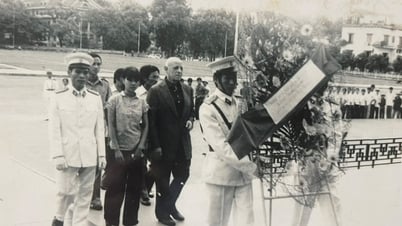
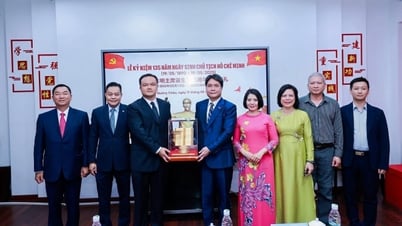

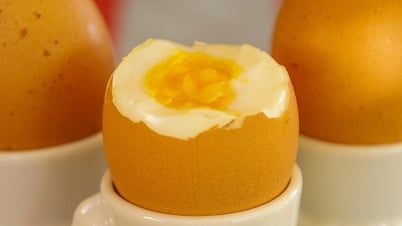

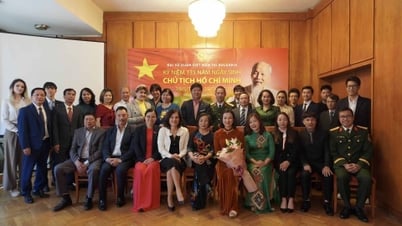




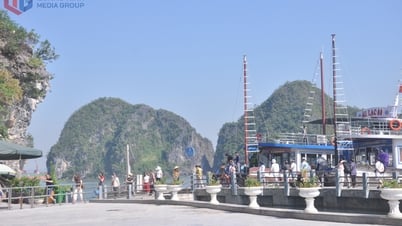















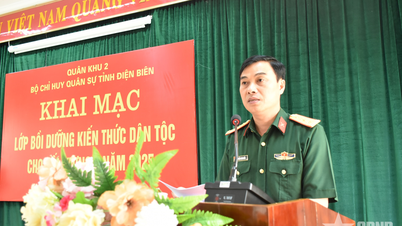




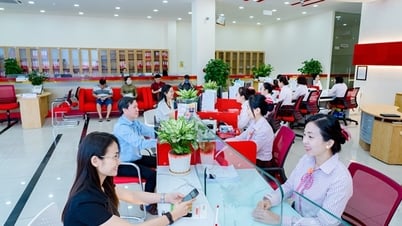

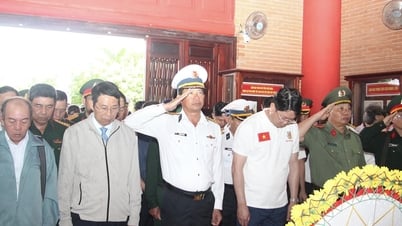



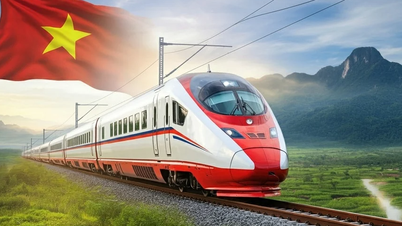
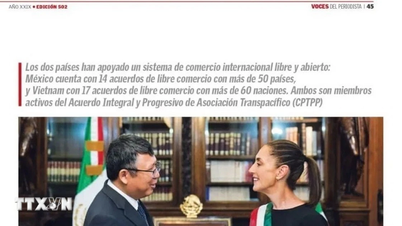
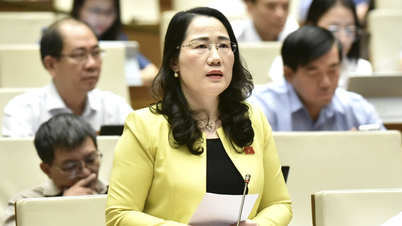
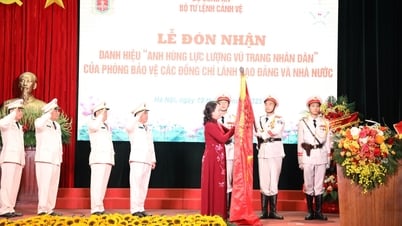






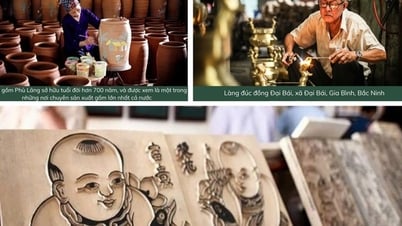


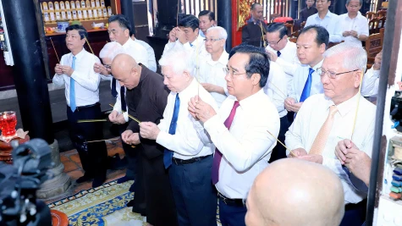

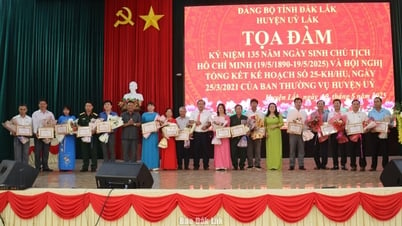

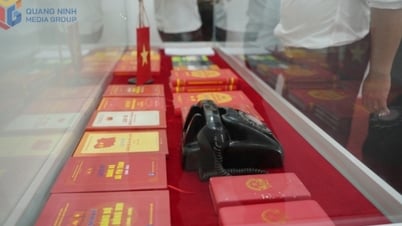
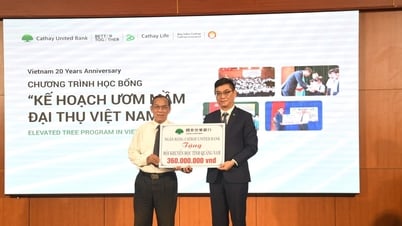

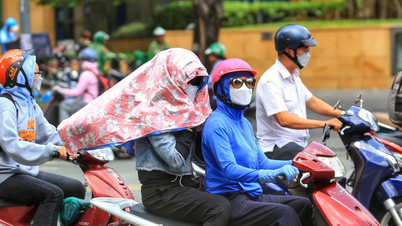

![[VIDEO] - Enhancing the value of Quang Nam OCOP products through trade connections](https://vphoto.vietnam.vn/thumb/402x226/vietnam/resource/IMAGE/2025/5/17/5be5b5fff1f14914986fad159097a677)








Comment (0)